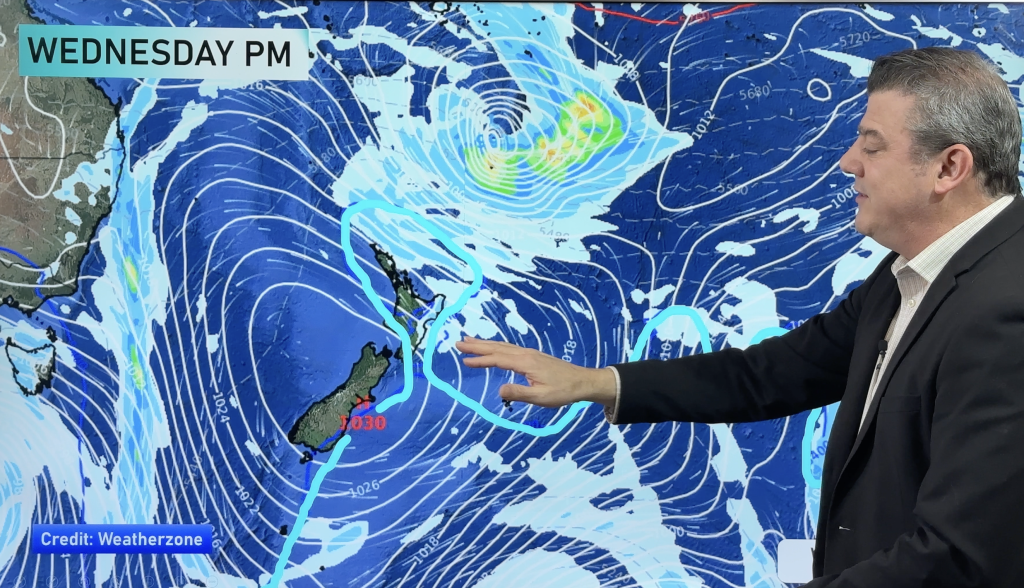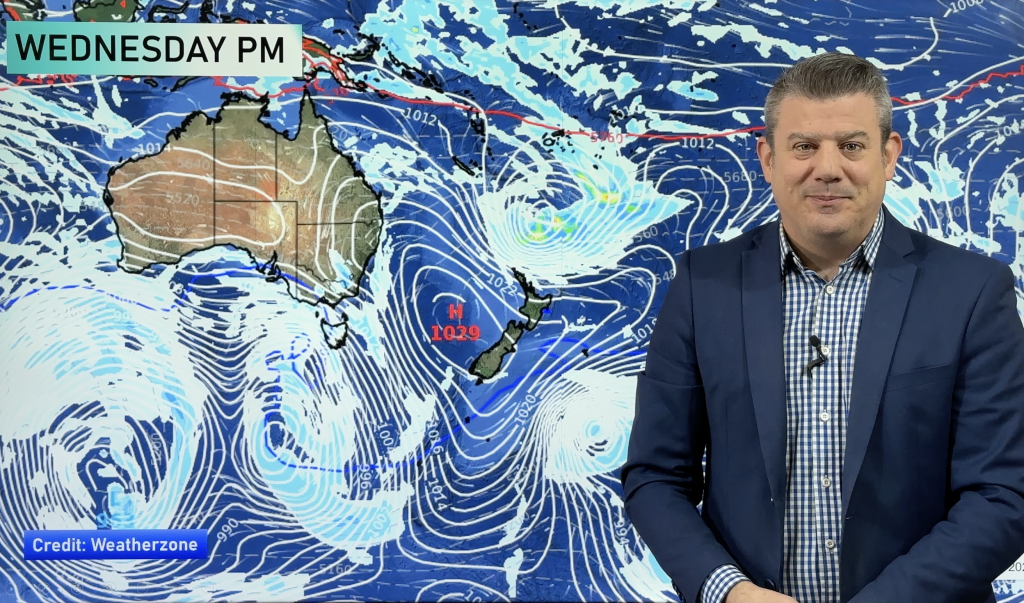
> From the WeatherWatch archives
Our mornings are getting darker and our evenings shorter as summer slowly comes to an official end next week.
WeatherWatch.co.nz head weather analyst Philip Duncan says the sun is now rising roughly an hour later New Zealand-wide and setting an hour earlier in the Deep South and 30 minutes earlier in the north of the country.
“The sunrise time in Auckland flips over to 7am on Saturday, up from 5:59am on the longest day of the year a few days before Christmas” says Mr Duncan.
In Southland – which enjoys extraordinarily long days in summer but much shorter days in winter due to being so far south – is also seeing a rapid retreat of extra sunlight.
“Invercargill has gone from a 5:51am sunrise back in December to 7:13am on Saturday Feb 23rd”
As for the evenings, well they are also getting darker as the sun slowly sets earlier. Due to the shape of the earth our mornings become darker faster than our evenings. “Sunset in Auckland was 8:46pm on the longest day of the year, and on Saturday evening it will be 8:08pm”
The details…
AUCKLAND
- Longest Day of the year (Around Dec 22)
- Sunrise 5:59am Sunset 8:40pm
- Length of daylight: 14 hours 41mins
- Last Saturday of summer (Sat Feb 23)
- Sunrise: 7am Sunset: 8:08pm
- Length of daylight: 13 hours 8 mins
INVERCARGILL
- Longest Day of the year (Around Dec 22)
- Sunrise 5:51am Sunset 9:40pm
- Length of daylight: 15 hours 49mins
- Last Saturday of summer (Sat Feb 23)
- Sunrise: 7:13am Sunset: 8:46pm
- Length of daylight: 13 hours 33 mins
– Homepage image / Zelda Wynn
– By Philip Duncan, WeatherWatch.co.nz
Comments
Before you add a new comment, take note this story was published on 22 Feb 2013.





Add new comment
Guest on 23/02/2013 2:09am
As a Southlander living in Auckland, I always wonder why Southland doesn’t exploit this fact a bit more about having such long summer days and of course a noticeable twilight.
Doesn’t summer end with the equinox on around the 23 March? So we really have three more Saturdays of summer.
Reply
RW on 22/02/2013 9:22am
Worth noting for astronomy fans that the “equation of time”, which shows how the midpoint of the day (sun’s zenith time) varies over the year, has the latest peak sun time for much of February – it was 1.35pm (DST) at Wellington from the 2nd to the 20th. Some other times for this were 1.34 at Auckland, 1.21 at Gisborne and 2.00pm (!!) at Invercargill.
From here on until about 6 May, the high sun time will get earlier (so evenings will draw in a bit more than mornings), when it will be about 12.17pm at Wellington – correcting for DST, that’s a shift of 18 minutes.
Reply